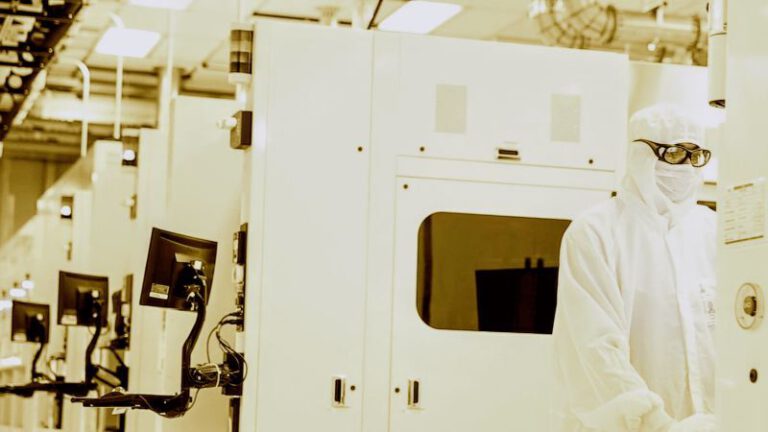
Navigating the Highs of 2-nm Chip Technology
A silicon wafer with 2-nm chips will cost $30,000, which is one and a half times more expensive than those with 3-nm chips. Maintaining the so-called Moore’s Law is becoming increasingly difficult and expensive for semiconductor manufacturers. According to estimates…
